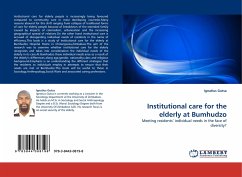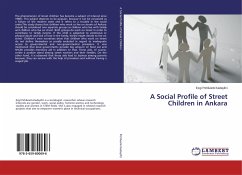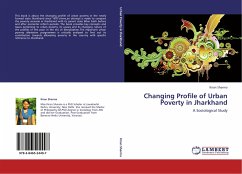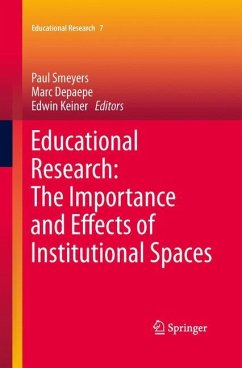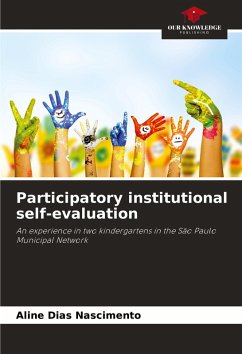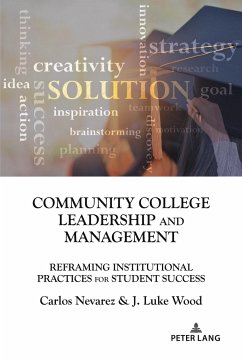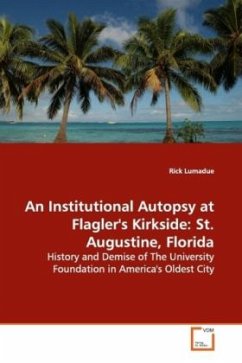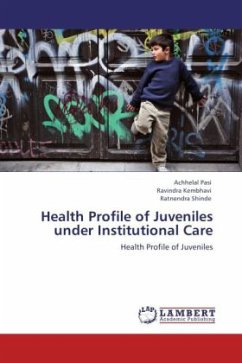
Health Profile of Juveniles under Institutional Care
Health Profile of Juveniles
Versandkostenfrei!
Versandfertig in 6-10 Tagen
39,99 €
inkl. MwSt.

PAYBACK Punkte
20 °P sammeln!
Study of institutionalized juveniles showed that, institutional admissions were predominantly from urban areas and in the tender age group of 6 to 12 years. Poor Nutritional Status and diseases of poor hygiene were the commonest morbidity of the institutionalized juveniles. Family problems such as, Unconduceive family atmosphere, nuclear and / or large family size, parental deprivation and lower socio-economic status etc. contributed to the multifactorial etiology of juvenile problems. Similarly, lower socio-economic status and alcohol abuse by parents contributed to the genesis of juvenile pr...
Study of institutionalized juveniles showed that, institutional admissions were predominantly from urban areas and in the tender age group of 6 to 12 years. Poor Nutritional Status and diseases of poor hygiene were the commonest morbidity of the institutionalized juveniles. Family problems such as, Unconduceive family atmosphere, nuclear and / or large family size, parental deprivation and lower socio-economic status etc. contributed to the multifactorial etiology of juvenile problems. Similarly, lower socio-economic status and alcohol abuse by parents contributed to the genesis of juvenile problems leading to institutionalization. Behavioral problems such as indulgence in antisocial activities, unhealthy out side interests and association with delinquent peers were common among juveniles. Habit disorders such as, thumb sucking, nail biting, and bed-wetting etc. were common among juveniles especially those who were parentally deprived. Juveniles stayed in an institution for prolonged duration. The institutional treatment programme for these juveniles showed inadequate emphasis on vocational training and rehabilitation.



